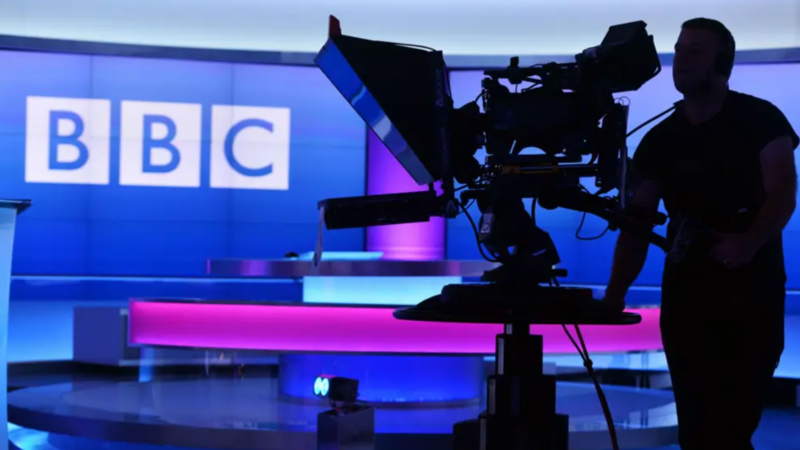America
The End of an Era: BBC’s Bold Move Signals the Sunset of Traditional Television

London | May 17, 2025 —
There was a time when the television set was the heart of every household — a glowing box around which families gathered, bonded, and engaged with the world. From dramatic soap operas to breaking news, the TV defined how generations consumed content. But in an era driven by the relentless pace of digital innovation, that golden age is fading into nostalgia.
In a groundbreaking announcement that sent shockwaves through global media circles, the British Broadcasting Corporation (BBC) — a name synonymous with trust, legacy, and journalistic excellence — has revealed a major transformation plan. BBC Director General Tim Davie declared that the broadcaster will shut down all traditional television channels by the 2030s, transitioning entirely to online platforms.
“It’s a seismic shift,” media analysts say. But it’s one the BBC considers inevitable. The hard truth: less than 25% of its previous television audience still watches through conventional broadcasting. Even for the BBC, which has been a global symbol of credibility and storytelling since the early 20th century, linear TV has become an unsustainable model.
A Global Shift: The Indian Context
The BBC's move reflects a broader, global trend. In countries like India, where television once reigned as a cultural unifier, the shift is palpable. Despite TVs still occupying corners of most homes, many remain switched off. The omnipresence of smartphones has reshaped habits — news, entertainment, and even live sports are now accessed on handheld screens. The once-sacred evening family news hour has quietly disappeared, replaced by on-demand updates and social media snippets.
Many Indian broadcasters are now grappling with massive financial losses, as advertising revenues shrink and younger audiences vanish from traditional platforms. The race to stay relevant has pushed even local and regional channels to invest heavily in digital-first strategies.

From Radios to Rooftop Antennas — to the Internet Age
This moment in media history feels monumental — not unlike the leap from radio to television. Older generations recall the excitement of radio broadcasts crackling through speakers at dawn, or the effort of adjusting rooftop antennas for a clear TV signal. But today’s digital natives may never know what an antenna is, let alone the ritual of waiting for a favorite show to air at a fixed time.
OTT platforms, YouTube, podcasts, and short-form video content now dominate the landscape. The modern viewer demands content instantly, interactively, and independently — leaving traditional television, with its rigid schedules and static formats, struggling to keep up.
A Farewell, Not a Funeral
While the curtain may be closing on television’s prime-time era, it’s not the end of storytelling. Far from it. Instead, storytelling is being reimagined, repackaged, and redistributed for screens that fit into our palms. And while the medium evolves, the power of narrative — to inform, to inspire, to unite — remains timeless.
As the BBC embraces its digital future, its decision serves as both a wake-up call and a tribute — a recognition that television, once the most powerful medium in the world, is transitioning into a new chapter. The platform may change, but the message endures: storytelling, in any form, still has the power to shape the world.



































